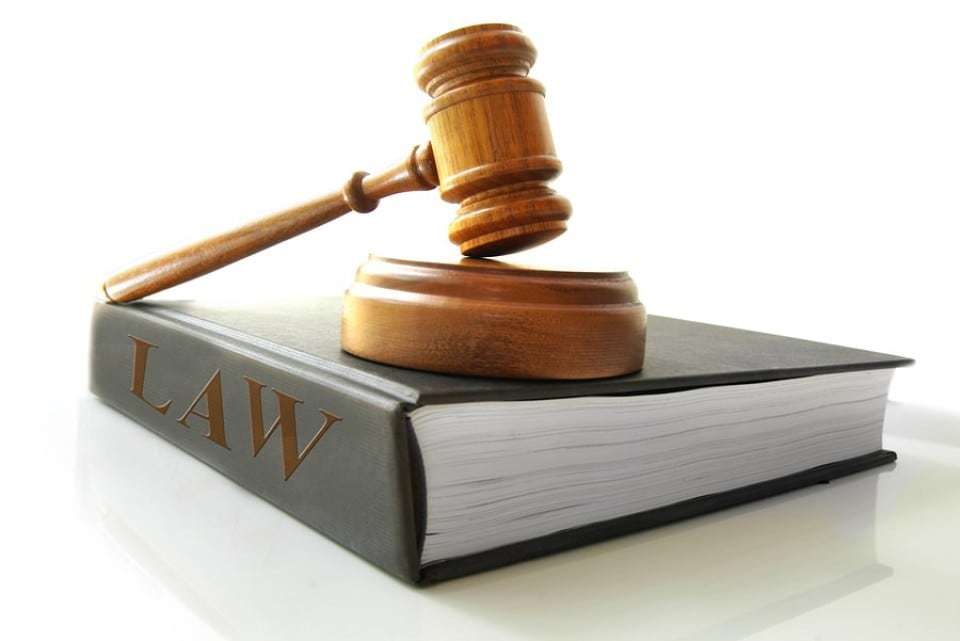The Volokh Conspiracy
Mostly law professors | Sometimes contrarian | Often libertarian | Always independent
Lawyer Todd Levitt creates 'College Lawyer of the Year' award -- gets the award -- sues paper for allegedly misreporting situation

From Levitt v. Digital First Media, decided this week:
1. The newspaper article:
On or about Sunday, August 10, 2014, The Morning Sun published a front page, above-the-fold headline, "Attorney suing student admits to fake award," for [an article stating] …, among other things:
a. "a Mt. Pleasant lawyer and former Central Michigan University instructor, who is suing a student for defamation, admitted in court documents filed Friday that he created a 'top college lawyer' recognition and awarded it to himself"; and
b. "one of those claims, supported by HTML coding information entered as an exhibit in the case, is that Levitt himself created the website topcollegelawyers.com, and then proclaimed himself 'College Lawyer of the Year', and used the manufactured award to promote himself"; and
c. "the website in part said that Levitt was, 'Chosen by an independent search committee measuring social media influence together with campus involvement to assist students academically in persuing [sic] their futures"[.]
Levitt was at the time suing "Central Michigan University … student Zachary Felton after Felton created the Twitter account 'Todd Levitt 2.0,' used plaintiff's picture and logo for the account, and posted numerous tweets over a two-week period." For more on this case, which our readers may remember as the "Todd Levitt, Badass Lawyer" case, see this post; my students and I filed an amicus brief in that case.
2. Badass Levitt's theory, which the trial court accepted:
Although plaintiff admitted that he created the website "topcollegelawyers.com," that the website announced plaintiff as the "winner" of the College Lawyer of the Year award, and that the website said plaintiff was chosen as the award recipient "by an independent search committee," he emphasized that the headline stating that he admitted to a fake award was false. Plaintiff submitted the affidavit of Ryan Battishall, who explained that plaintiff hired him to develop and launch the website and instructed that an annual award would be a component of the website. Plaintiff also submitted the affidavits of attorneys Joshua Jones and Robert Piaziali, who explained that, at plaintiff's request, they served as members of the independent committee referenced by the website. They said they chose plaintiff as the first recipient of the award on the basis of the website's criteria.
3. The court of appeals decision that the article was substantially true, and thus not libelous:
Substantial truth is an absolute defense to a defamation claim. The test looks at the sting of an article to determine its effect on the reader; "a statement is not considered false unless it would have a different effect on the mind of the reader from that which the pleaded truth would have produced." Articles with "minor inaccuracies" that do "not alter the complexion of the affair and would have no different effect on the reader than that which the literal truth would produce" are substantially true….
In this case, although it is technically true that plaintiff did not "admit" that the College Lawyer of the Year award was "fake" or admit in a court document that he "awarded" the " 'top college lawyer' recognition … to himself," we conclude that these inaccuracies do not alter the complexion of the affair and would have no different effect on the mind of the reader than would the literal truth….
[P]laintiff admitted that he commissioned the topcollegelawyers.com website and created the College Lawyer of the Year award to generate profits. He further conceded that he established the criteria for the award, chose the persons who comprised the committee that selected the award recipient, won the award, and then broadcast this as an accomplishment on a marketing website.
Although the article contained slight inaccuracies, we conclude that the sting of the article's headline would not have a different effect on a reader than the literal truth. Therefore, the trial court should have granted defendants' motion for summary disposition regarding plaintiff's defamation claim.
Sounds right to me.


Show Comments (0)